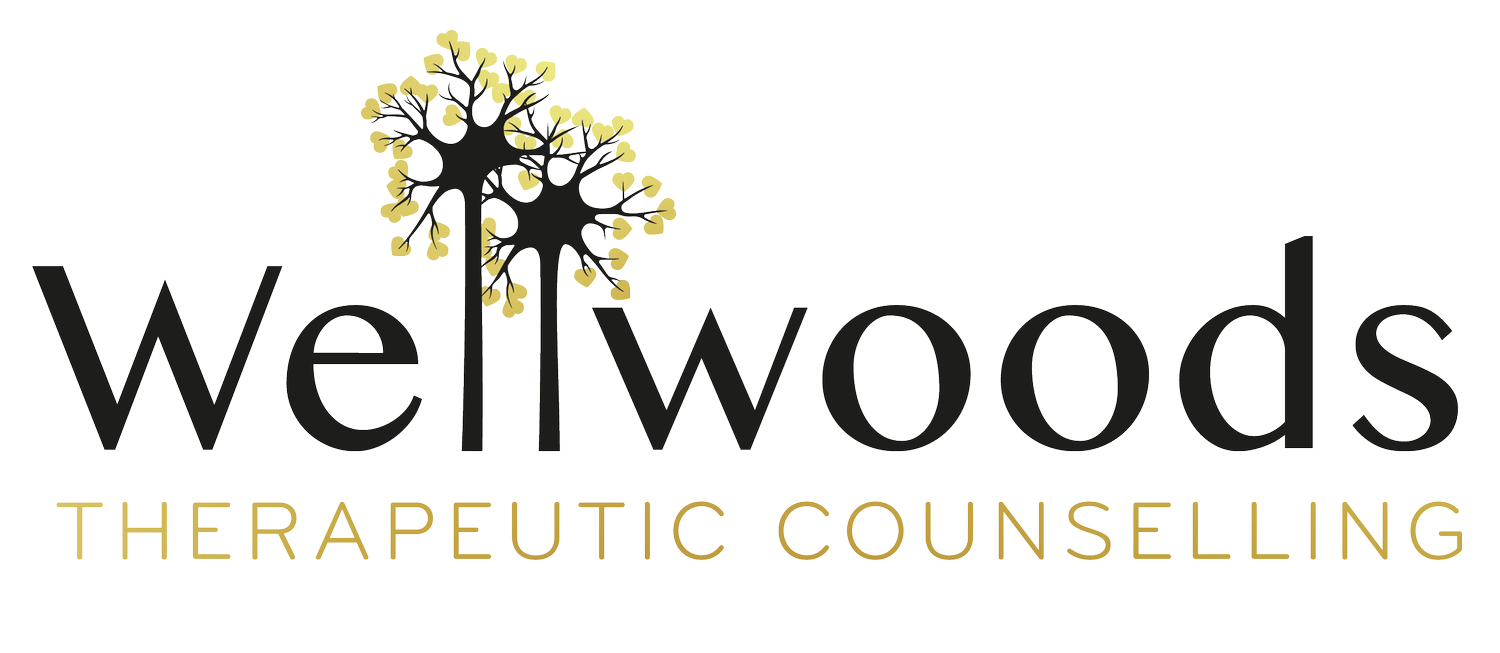As the daylight hours and summer tan lines began to fade, and the approaching dark clouds heralded days of rain, I called my friend and found her struggling with the stresses and uncertainties of her life and the world, the way many of us do at this time of year. She wanted to reach out to her new boyfriend, to tell him she needed a little extra care and attention, but she didn’t want to seem needy. “I should be able to take care of myself” she said in seeming exasperation, as a perception of weakness threatened her usual fortitude. As any friend of more than two decades might, I responded by saying, “That’s bullshit.” She laughed, as I had hoped, and prompted me to share my thoughts.
What feels like weakness, or is portrayed derogatorily as “neediness,” is a need for safe and loving bonds, expressing itself in a world that too often undermines this aspect of our nature. As Sue Johnson, attachment theorist and founder of Emotionally Focused Therapy, writes “From cradle to grave, human beings are hardwired to seek, not just social contact, but also physical and emotional proximity to special others who are deemed irreplaceable.” Our longing to be seen in the loving eyes of another is not a lack of strength or character. Strength, especially in times of stress and no matter what age you are, comes from the sense of safety found in being held in the metaphorical and literal arms of loving others. The capacity to take care of ourselves, to go out into the world and do our thing, is directly linked to knowing that we can return home, to what is referred to in attachment theory as a “secure base,” when things get scary.
Whether in a busy office or in our own homes, there is little time or place for emotional need when the engines of industrial growth, the most immediate threat to our well-being, must be constantly tended to. Instead of addressing the growing disconnection from each other and the earth, the social norm is to see difficult emotions as a failure to enact quality self-care routines, or when emotional difficulties become chronic, to label them “depression” or “anxiety” and treat them with medications which in many cases benefit the pharmaceutical industry, first and foremost. I am not saying these disorders are not real or dismissing the value of psycho-pharmaceuticals, which can be life-savers. My point is that the majority of big emotions are justified and natural, and at the core of many symptoms of mental distress there is an unmet need to feel like we belong.
However, this idea that we need each other, and that the source of much of our pain is disconnection, may be harder to swallow than an over-the-counter pill. Perhaps the thing that makes this theory of attachment most difficult to accept is that addressing our unique experience of aloneness is not a simple proposition. Despite increasing digital connectivity, finding a village, a lover or even a true friend is not easy, especially now in the midst of a global pandemic that is causing increasing isolation. Going the distance with people and building a bond can be a daunting, exhausting, scary or simply unappealing proposition. I can personally attest to how hard it is to dial anyone’s number when I am having a hard time. Although misguided, I think adopting the view that I am “needy” may serve as a protection, because filling the void on my own is less risky than asking for help. Staying hidden may not be fulfilling, but the lack of guarantees in love and the possibility of being rejected make it a hard sell when I’m already feeling down.
“From cradle to grave, human beings are hardwired to seek, not just social contact, but also physical and emotional proximity to special others who are deemed irreplaceable.”
- Sue Johnson
Across many miles of invisible airwaves unhindered by the rainforest clouds now looming, my friends voice relayed not only her doubts, but also her courage. I may not have been the one she was longing for that day, but years of friendship yielded the fruit of being the one to hold her up in a moment of vulnerability. In being there for her I felt my own strength and a deeper sense of our connection. This story of being hard-wired to survive together is not meant to say there is something wrong with, by choice or circumstance, being alone. It is meant to say that there is nothing wrong with reaching out if you are feeling a longing to be held and loved. I can’t promise that you will always get what you need when you allow yourself to be vulnerable, but I do believe that stepping bravely forward and letting yourself be seen increases the likelihood of being found.
I could have thanked the voice inside my friend railing against neediness, instead of calling it bullshit, but then we wouldn’t have shared that much needed laughter. With what I see now — that the voice may have protected her from all kinds of hurt and kept her going strong when things got tough and she found herself alone — I might have saved my flippant remark and the long-winded explanation and simply said, “You’re not needy, my friend. You’re brave.”



